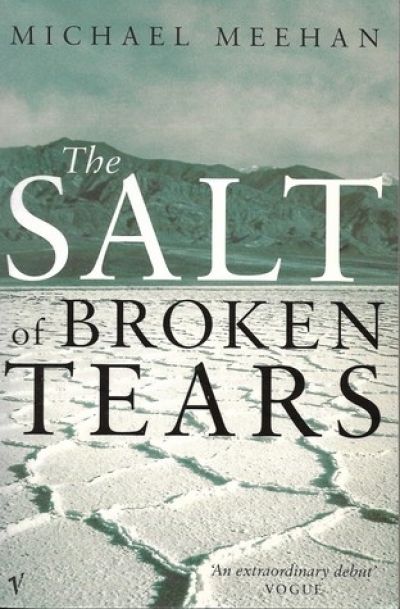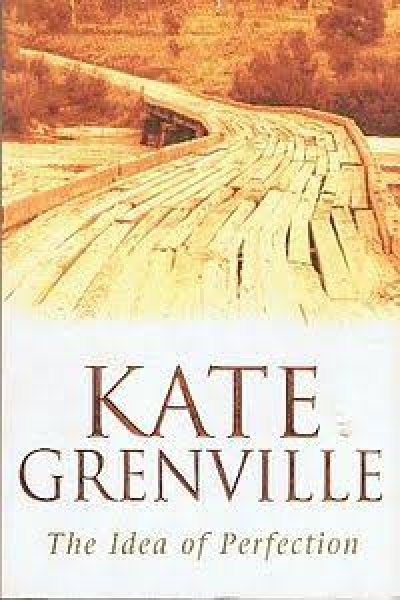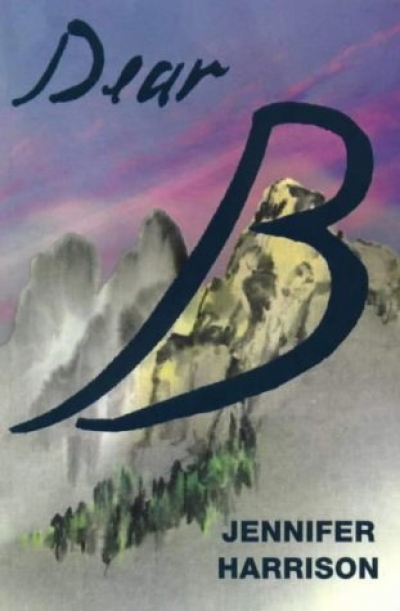Archive
Film | Theatre | Art | Opera | Music | Television | Festivals
Welcome to ABR Arts, home to some of Australia's best arts journalism. We review film, theatre, opera, music, television, art exhibitions – and more. To read ABR Arts articles in full, subscribe to ABR or take out an ABR Arts subscription. Both packages give full access to our arts reviews the moment they are published online and to our extensive arts archive.
Meanwhile, the ABR Arts e-newsletter, published every second Tuesday, will keep you up-to-date as to our recent arts reviews.
Recent reviews
Inside the Rocks: The archaeology of a neighbourhood by Grace Karskens
Dear Editor,
‘Who reads it?’ asks Gerard Windsor of HEAT (ABR, June 1999) and admits he no longer does. In fact, he confesses, he never reads stories or essays by writers who don’t have a book to their name. What a strange and limiting conceit! But as for who reads HEAT, well, I for one do – every issue, from cover to cover ...








